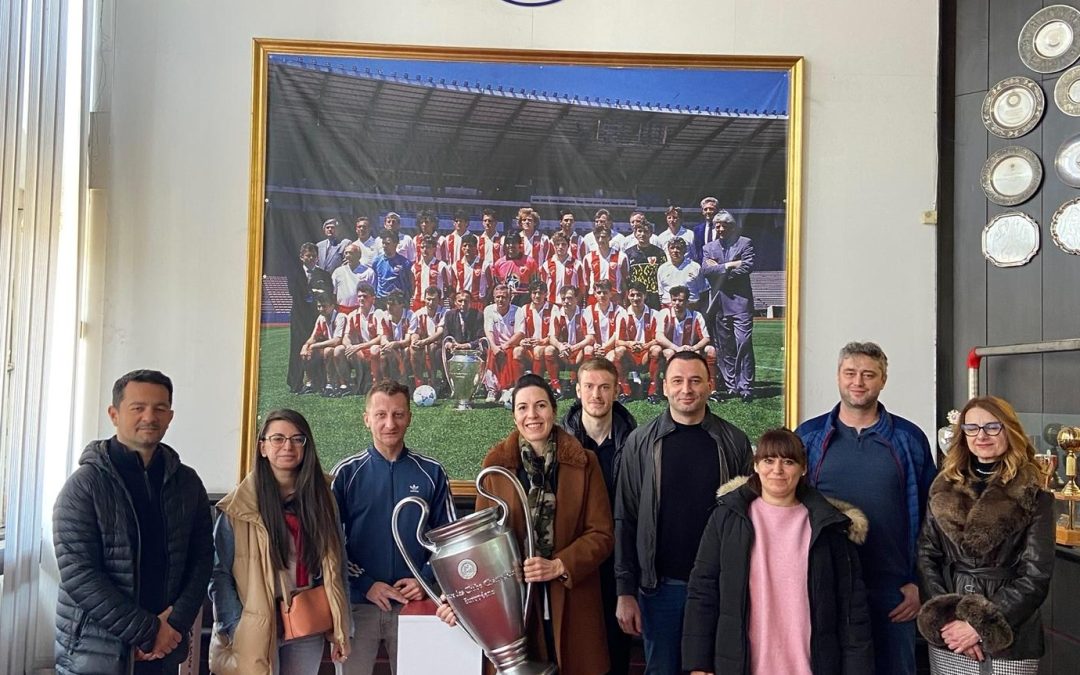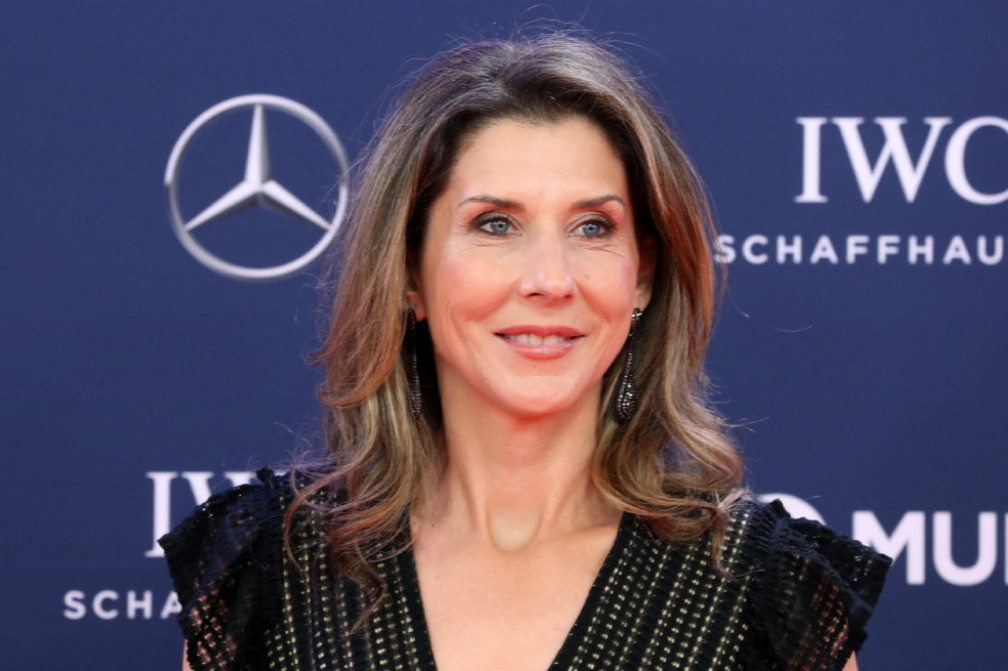Gender equality as new power in football – GENBALL project
Football, and sports in general, are traditionally dominated by men in both participation and management. The situation is improving, albeit slightly, at the level of the European Union, where the number of women in the management structures of sports clubs is increasing. The gender difference in salaries, bonuses and premiums is still present to a high degree. In the same sports, female athletes are paid less than male competitors, even in football at the European level, but also globally. The participation of women in bodies where formal and financial decisions are made is still low, because even at the highest level, in the International Olympic Committee, only 23% are women.

According to the European Commission, 86 percent of all top decision-making positions in sports federations in European Union countries are held by men. In practice, this means that most decisions related to clubs are mostly made by men, as well as finances within sports clubs, the purchase of players, transfers to other football clubs, etc. Data from available research show that the presence of women in sports committees and structures opens new perspectives for decision-making, contributes to more efficient corporate governance and promotes non-financial performance measures such as innovation and social responsibility, to which women are more attached and promoted.
Systemically and grouped and publicly available statistics on the number of women in governing structures for the Western Balkans, as well as many partner countries, do not exist. The information available is that women are present in clubs and federations only where women are more dominant participants and competitors.
The overall goal of the project is to promote gender equality and equal opportunities for men and women in decision-making related to the work of football clubs, as well as increase women’s participation in running sports clubs, focusing on football as a primary model that can be replicated in other sports.
Specific objectives of the project:
Specific objective of project number 1: Strengthening gender equality in sports clubs by developing sustainable models that provide equal opportunities for non-formal education of women coaches and women scouts, as well as professional development of women members of football club boards.
Specific objective number 2 of the project: Raising awareness of gender equality in sports in football clubs of partner countries, as well as among the general population.
Specific objective number 3 of the project: Promoting good practice examples from European Union countries in football clubs in the Western Balkans and using models for greater participation of women in football and governing structures.
The first project meeting was held at the premises of the Red Star Football Club (stadium Rajko Mitic – Marakana, in Belgrade, Serbia) in March 2023 and the second will be held in September 2023 in Skopje, North Macedonia.





